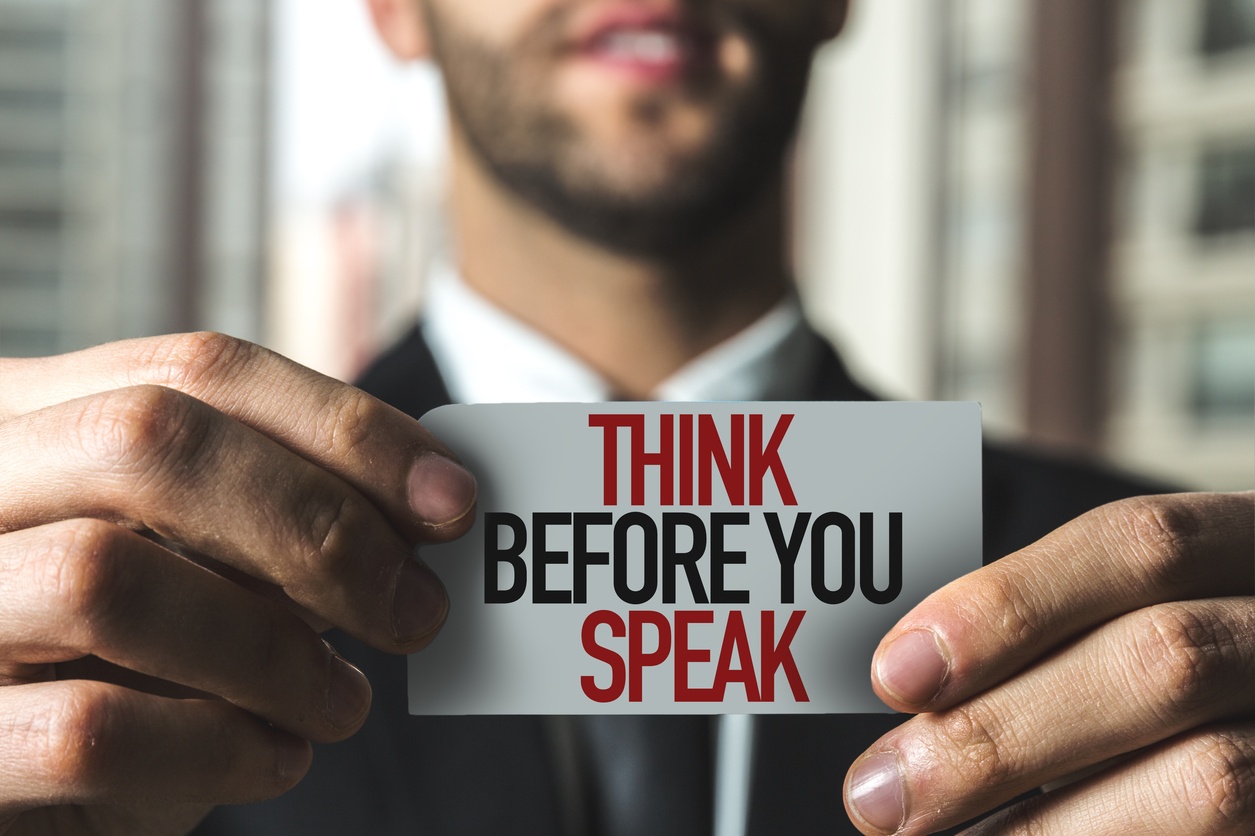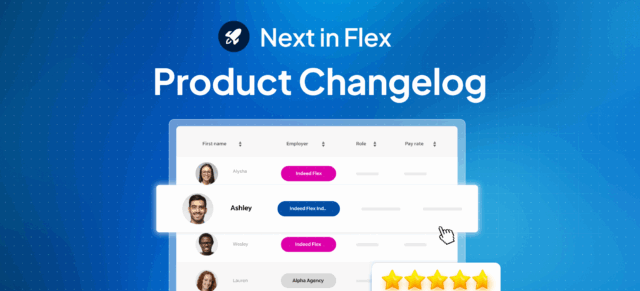
So, you have an interview coming up. What will they ask? What should you say? Trying to guess what the interview questions will be is sometimes helpful, but definitely has its limitations – there’s nothing from stopping your interviewer throwing in a curveball. Don’t worry though! Here are some tips to help you feel prepared for whatever comes your way.
It’s a date!
Treat your interview questions as though you were going on a date. As much as you are being questioned on your skills for a job, the interview is also an opportunity for the company to figure out how you will fit into the workplace as a person. That isn’t to say you should start questioning your interviewer back (save that for the end), but that this mentality should be going through your own head as you prepare. If you think of an interview as a compatibility assessment rather than an interrogation, it is easier to be enthusiastic about trying to get across a good image, but also showing how you could be a strong addition to their specific company/workplace.

What did you say?
It’s a well-known fact that interviewers usually make their minds up within the first 7 seconds of seeing someone. That isn’t to say that anything you say thereafter is redundant. However, what it does mean is that the way you answer interview questions is just as important is what you say. Presentation of work translates into verbal communication in that you want to put across your best thoughts and ideas in the most appealing way. During the interview, it is therefore important to remind yourself to not only think clearly and logically, but also to speak clearly and confidently.
Bring your top game
An interview is not only a chance for a potential employer to find out about you, but also a time for you to show what can make you a great new addition to the team. Make sure you have thought through all the things you want to tell them; maybe it’s highlighting a particular skill or a prestigious association you have. Just make sure that you have your points ready, so that you can weave them into your answers and show off how great you are.
It’s truth not dare
When it comes to technical interview questions in particular, it is always important to be honest about what you know and don’t know. There is no point pretending you know something you don’t, as an employer will always be able to pick up on your lack of knowledge. Even if they don’t, you’ll find yourself pretty stuck when you get the job! All is not lost though; the best thing to do is to back yourself up by presenting an enthusiasm to learn and the insistence that you’ll be able to quickly pick up necessary knowledge with competence. The way you deal with the question in itself is a good indicator to the interviewer of the way you will deal with potential future issues. Don’t back down or shy away. It really is mind over matter.
Look in the mirror
Really look at yourself. Discussions are pretty pointless if you don’t know much about the topic they’re on. It’s the same with an interview, but it’s all about you. Interview questions are varied and not always easy to second-guess, so think about potential topics, like how you’ve dealt with past situations, your temperament or maybe even your personality at large. Perhaps consider doing a few online psychometric tests like the Myers Brigg’s (often used by recruiters), or ask friends how they think you would respond to certain situations. These aren’t all things you have to reveal at interview, but a better understanding of yourself can ease interview anxiety, because you already have the upper hand. After all, everyone’s favourite subject is really themselves.
Remember to P.E.E.
When it comes to questions that ask you describe past situations, or scenarios, it’s important to P.E.E. It’s very easy to get carried away with describing scenarios, but remember, this isn’t just you telling an anecdote. It has to have a purpose, and was asked with intention to finding out something specific about you.
P stands for Point. What’s the point? Why are you telling them this?
E stands for Evidence. It’s all well and good you saying that you ‘dealt with it well’ or ‘have great business acumen’, but what proves that?
And the final E is Explanation. Explain what that means in terms of what you can bring to the table. Ensuring you P. E. E. can help you maintain clarity of thought, but also makes a very strong case for why someone should hire you.

Charm, not Smarm
You’ll obviously want to put your best foot forward when it comes to meeting your potential employer. Having said that, you’re not there to be their new best buddy so you should really lay off on any cheesy jokes or attempts at ‘banter’. Your charm should never ere on the side of obnoxious, and really should be effortlessly communicated through politeness, respect and self-awareness. Asking, “So, how did I do?” at the end of interview, is sure to undo any good impressions you’ve made thus far. This is the same for being cautious regarding confidence displaying as arrogance. Being humble but doing yourself justice, is far better than bragging and exaggeration.
Fill in the gaps
If there are parts of your career history or work experience that aren’t accounted for in your CV or personal statement, make sure you’re prepared to fill in the gaps. These are questions that will be sure to come up, or at least have relevance to any questions asked about prior work experience. The same goes for things that you think are important to mention, such as achievements or attributes that don’t come across clearly on paper. After all, that’s why interviews exist. If you think of your application as a Linkedin profile, the percentage of ‘completion’ will often correlate to its strength and employability potential. It’s your duty to put across the most complete profile of yourself in your interview.








